| | In this edition: Pretoria regrets US snub, Trump’s Nigeria wake-up call, and how baobab trees stay a͏ ͏ ͏ ͏ ͏ ͏ |
| |   Dakar Dakar |   Niamey Niamey |   Antananarivo Antananarivo |
 | Africa |  |
| |
|
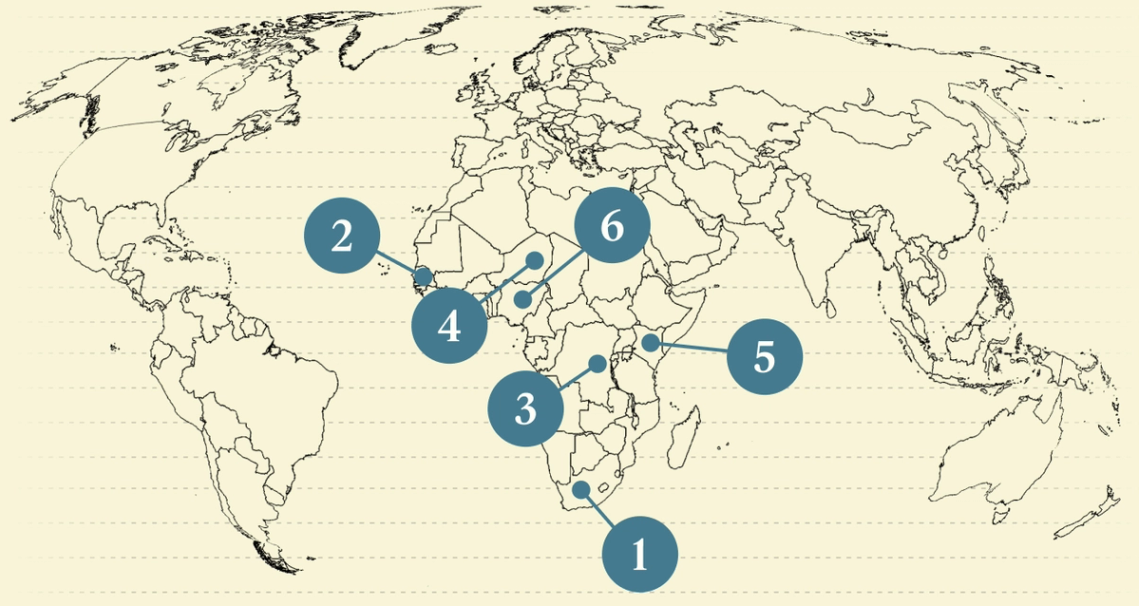 - Pretoria pushes back US snub
- Senegal rejects IMF plan
- DRC suspends Chinese miner
- Niger-Russia uranium deal
- $1.4B for farmers
- Trump’s Nigeria wake-up call
 How baobab trees stay alive. |
|
Pretoria calls US G20 move ‘regretable’ |
 Nic Bothma/Reuters Nic Bothma/ReutersSouth Africa said it was “regrettable” that US President Donald Trump decided not to send any officials to this month’s G20 summit in Johannesburg over his persistent false claims about Pretoria’s supposed persecution of Afrikaners. On Friday, Trump said it was a “total disgrace” that South Africa was hosting the gathering — the first time the G20 will be held on the continent — and that no American official would attend over what he said were “human rights abuses.” He earlier clashed with South African President Cyril Ramaphosa in the Oval Office over the US leader’s allegations of “white genocide” in the country, claims that have been widely debunked. While Trump was not expected to attend the event, his vice president and secretary of state were supposed to. Trump has stepped up his criticism of African governance in recent months: Last week he threatened Nigeria with military action over alleged Christian persecution in the country’s northern regions. Abuja has been scrambling to shore up its diplomatic presence in Washington, while senior Republicans have urged Trump to prioritize the US economy over foreign policy. |
|
Senegal resists IMF restructuring calls |
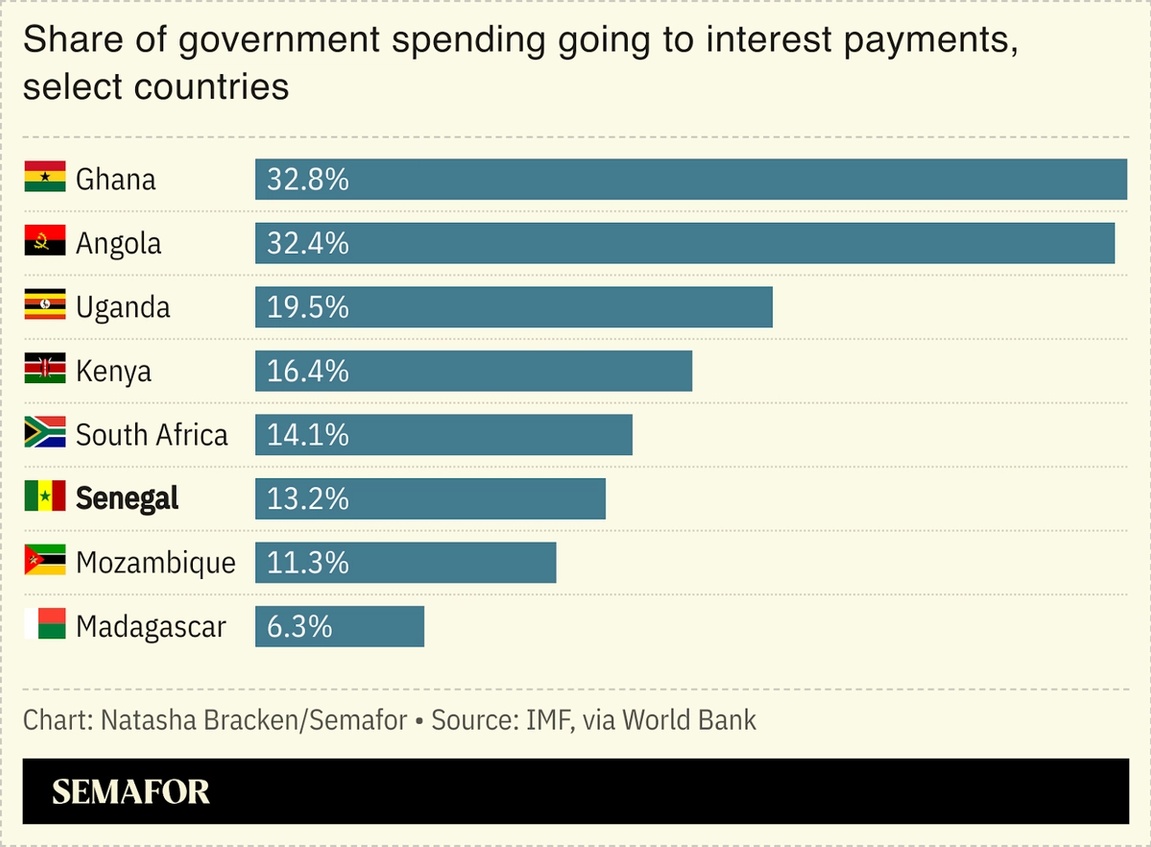 Senegal is resisting calls from the International Monetary Fund to restructure its debt, its prime minister said, as the nation grapples with its worst economic crisis in decades. Ousmane Sonko, addressing a rally in Dakar, said such a move would be “a disgrace.” The IMF froze Senegal’s $1.8 billion program last year after its government disclosed hidden debts shortly after coming to power, blaming the whole in the public purse on the previous administration. The debts have since ballooned to more than $11 billion. Sonko’s comments came days after the IMF completed a mission to Senegal on Thursday without agreeing a new lending program. The government unveiled an economic recovery plan in August, 90% of which it said would be financed through domestic resources to avoid incurring additional debt. The increasingly parlous state of Francophone West Africa’s second-largest economy led to a credit downgrade by S&P in July which has pushed up borrowing costs. |
|
DRC suspends Chinese cobalt miner |
| | 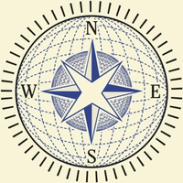 | Elisha Iragi |
| |
 DR Congo authorities suspended a major Chinese-owned copper and cobalt operation after a dam collapse spilled contaminated water into the country’s second-largest city. Damage to the facility belonging to Congo Dongfang International Mining spilled “several million cubic meters of electrolytes” on Nov. 4, flooding hundreds of homes in three neighborhoods of Lubumbashi, forcing residents to flee. Environmentalists also warned of pollution to well water, which many homes use daily. The leakage is the latest environmental accident in the Copperbelt region that stretches between DR Congo and Zambia, prompting growing calls from African governments and critics of Chinese mining operations, which dominate the sector, for improved safety standards. In February, a Chinese-owned dam holding mining waste collapsed, releasing acidic effluent into Zambia’s Kafue River, and in 2023, mining operations at another Chinese-operated facility were suspended after floods caused “enormous environmental damage” and fatalities in the DR Congo city of Kakanda. |
|
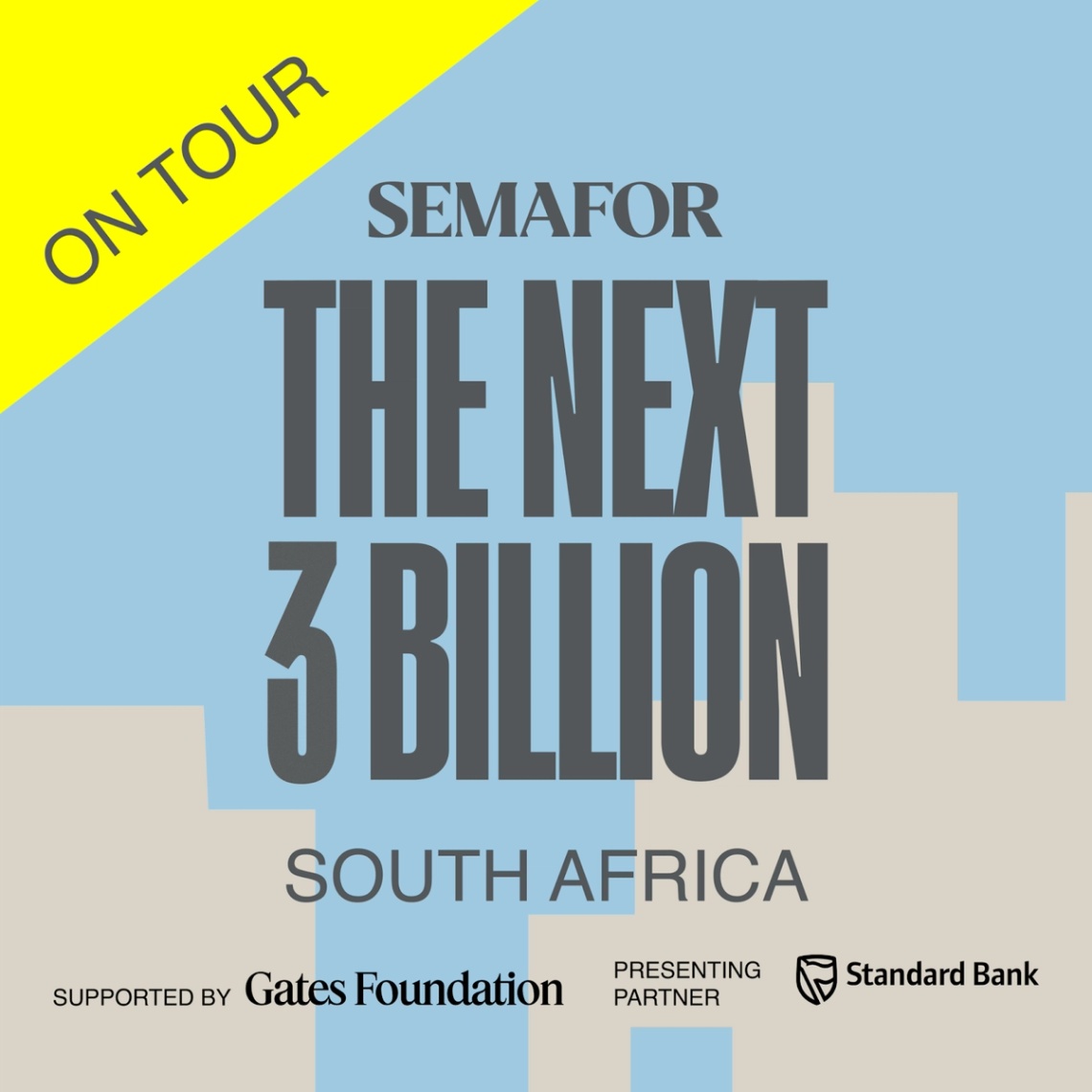 On the sidelines of the G20 in Johannesburg, Semafor convenes The Next 3 Billion ON TOUR to explore how South Africa’s leadership can help scale inclusive solutions across borders — from interoperable digital payments and cross-regional investment to expanding connectivity. As one of Africa’s most industrialized economies and a G20 member, South Africa stands at the center of efforts to advance digital and financial inclusion across the continent. With its strong financial infrastructure and growing influence through the G20 and B20, the country is uniquely positioned to drive the next wave of innovation and access. Nov. 18 | Johannesburg | Request Invite |
|
Russia buys Nigerien uranium |
 Russia could buy 1,000 metric tons of uranium from Niger, French security services said, in a $170 million deal that raises the risk of theft by jihadi groups. The Arlit mine, formerly run by a French group, was seized during Niger’s 2023 military coup, forcing French troops to leave. Stockpiles of uranium remained on site, and Niamey and the Russian nuclear energy giant Rosatom are working to transport it to Russia, Le Monde reported. The route would travel through Burkina Faso, much of which is under jihadist control. A series of coups in France’s former colonies has reduced the country’s influence in the Sahel, while Russia has expanded its operations in the region by partnering with the military juntas. This item first appeared in Flagship, Semafor’s daily global affairs briefing. Subscribe here. → |
|
|
Fund for farmers hit by extreme weather |
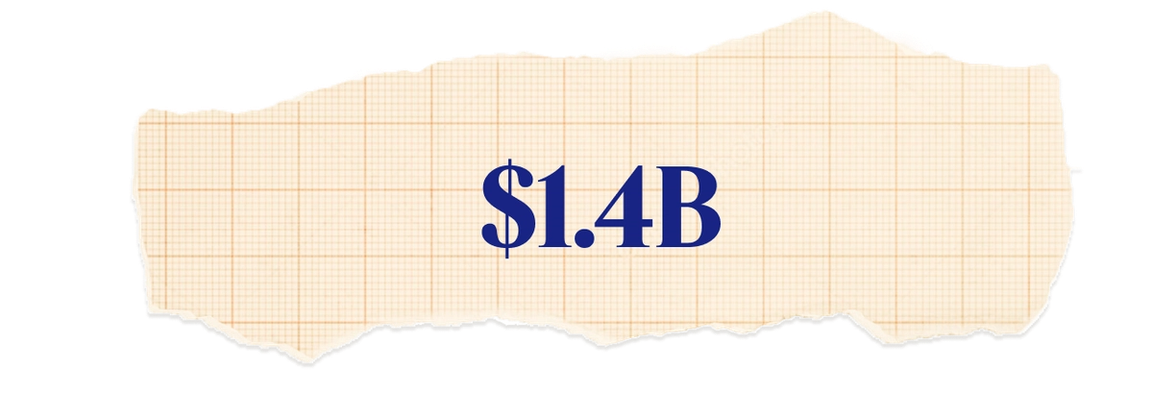 The value of a new fund to help farmers adapt to extreme weather caused by climate change. The four-year investment from the Gates Foundation will expand access to resources that help farmers in sub-Saharan Africa and South Asia build more resilience to drought, floods, and heat waves. The money comes at a time when financing for climate adaptation is not keeping pace with the impact of extreme weather: 250 million people were displaced globally due to climate-related disasters over the past decade, found a UN report published on Monday. The new funding will be used to expand technology already showing results that include improving soil health, supporting varieties of crops and livestock that withstand extreme weather, and implementing weather forecasting systems. |
|
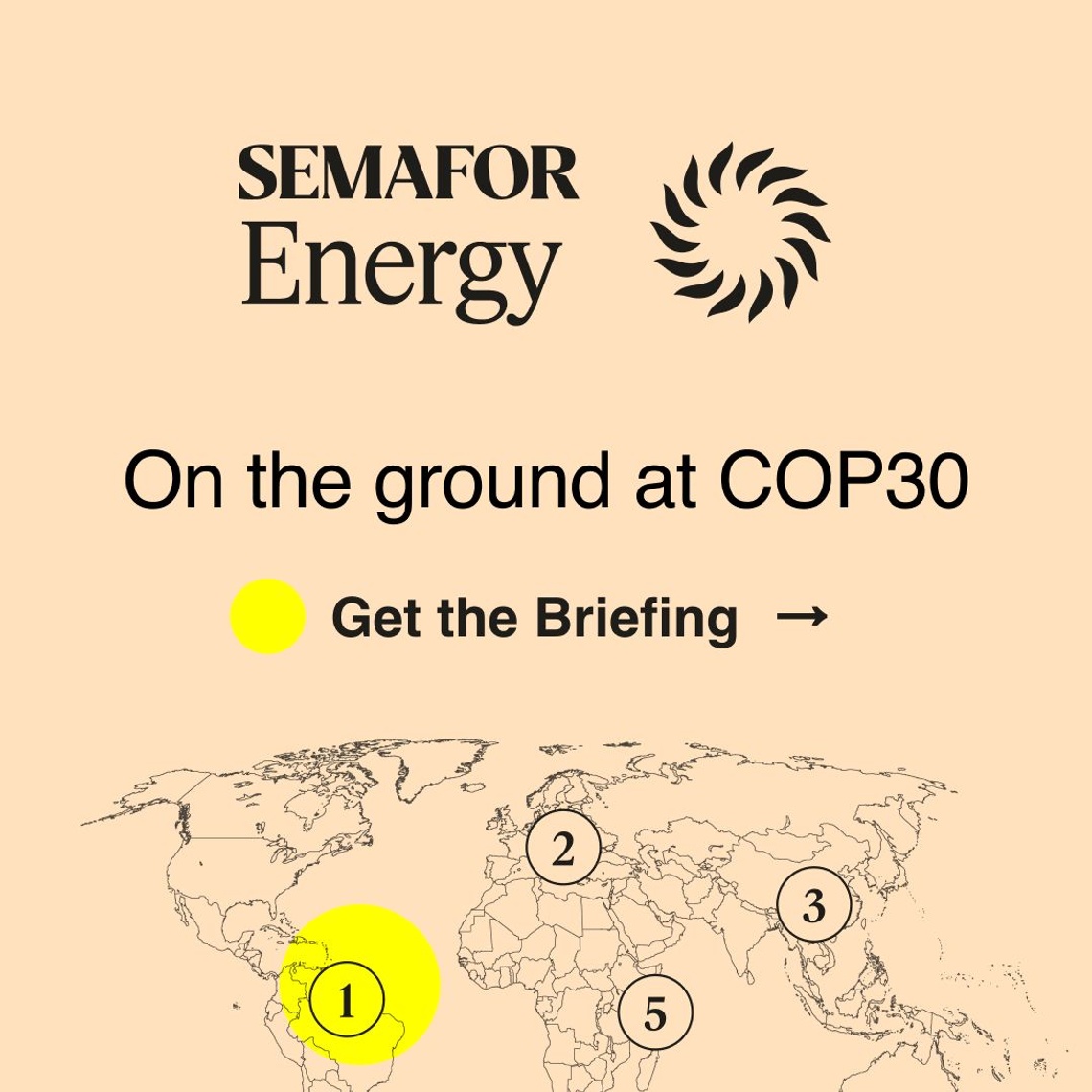 The world’s biggest climate and energy decisions are being made this week at COP30. Semafor Climate & Energy Editor Tim McDonnell is on the ground, tracking every key moment, meeting, and deal shaping the next chapter of global policy. Get an insider look at what world leaders are debating — and how the energy transition will be affected — in this week’s editions of Semafor Energy. |
|
View: Trump’s Nigeria wake-up call |
  Sodiq Adelakun/Reuters Sodiq Adelakun/ReutersNigeria must respond to US President Donald Trump’s threats of military intervention over the killings of Christians by Islamist terrorists by establishing “complete and total control of its territory,” an analyst argued in a column for Semafor. Kingsley Moghalu, who heads a geopolitical risk advisory firm, said Trump’s recent threats raised “fundamental questions about Nigerian sovereignty and global standing.” The Nigerian government has reminded Washington that the security crisis in the country’s northern regions remains Abuja’s sovereign responsibility, but some think President Bola Tinubu’s administration has failed to protect Nigerian civilians — irrespective of their religion — from radical Islamists. “There should be no ungoverned spaces, and the fundamental rights of citizens of all faiths, or none at all, to life and property must be verifiably protected,” wrote Moghalu. “What is at stake, even beyond the difficult present, is Nigeria’s future.” |
|
|